Virtual assistants can change the knowledge system, helping to intelligentize the entire Vietnamese civil service system.
In recent years, the application of artificial intelligence (AI) has become an irreversible trend. This trend is happening in all industries, including the public sector, where it seems difficult to apply the latest technologies.
The precious value of virtual assistants for civil servants
At the People's Court of Cai Be District ( Tien Giang ), the number of cases to be resolved in this locality is always high. On average, each judge here has to resolve 131 cases per year, nearly double the regulation. This pressure not only causes fatigue but also poses a risk of errors in the trial process.
To improve the quality of judges' activities, from 2022, with the support of the Ministry of Information and Communications and a domestic digital technology enterprise, the Supreme People's Court has put into trial deployment virtual assistant software.
The court virtual assistant has similar features to ChatGPT but focuses on specialized support tasks for the court system. The software uses authentic, reliable information and data sources built by the court itself.
Based on case information, the virtual assistant can automatically search and recommend relevant legal documents, similar legal situations, and effective precedents.
Virtual assistants also assist judges in planning case resolution, managing work, and issuing warnings and reminders to ensure procedural deadlines.

According to statistics from the Supreme People's Court , thanks to the application of virtual assistant software, the quality of judges' judgments has been improved, and the rate of cases being annulled or amended due to subjective reasons has decreased significantly.
At Cai Be District People's Court, virtual assistants have helped reduce the rate of cases canceled or amended due to subjective reasons from 0.35% in 2023 to 0.21% in the first 6 months of 2024.
Virtual assistants have helped judges reduce 30% of administrative work compared to traditional methods. Just encrypting judgments and decisions and posting them publicly has reduced the execution time to just a few seconds compared to 1-2 hours previously.
Globally, virtual assistants are also helping the public sector in many countries operate more efficiently. In the United Arab Emirates, virtual assistants have been used to monitor Dubai’s railways, helping to deal with train delays. In Finland, virtual assistants are playing a role in supporting urban planning, ensuring compliance with regulations.
Research conducted by Harvard Business School (HBS) in collaboration with Boston Consulting Group to assess the impact of artificial intelligence (AI) on employee productivity and work quality shows that, with the tasks that AI can do, people who use virtual assistants are significantly more productive.
Employees using virtual assistants completed 12.2% more tasks and 25.1% faster than average. Work outcomes for those using AI were also 40% higher than those in the control group.
Not only that, those who performed below average improved their performance by 43%. For those who performed above average, their performance increased by 17% compared to their usual performance.
Ministry of Information and Communications pioneers virtual assistant application
At the conference to summarize the work in 2024 and deploy the work tasks in 2025 of the Home Affairs sector, the Minister of Information and Communications analyzed that to improve the quality of civil servants, instead of training in the traditional way, the new way is to provide each civil servant with a virtual assistant.
“ With a virtual assistant, the worst person in each organization is at least equal to a fairly good person ,” said Minister Nguyen Manh Hung.
In fact, one of the key tasks of the Ministry of Information and Communications in 2024 is to build a knowledge system and develop narrow-scope virtual assistants to support officials and civil servants.
Therefore, at the meetings of the Ministry of Information and Communications, Minister Nguyen Manh Hung spent a lot of time directly checking the working capacity of virtual assistants developed by units in the Ministry in coordination with technology enterprises.
According to the Minister, virtual assistants will change the knowledge system of the state civil service system, change the entire way an organization works, and smarten the entire Vietnamese civil service system.
Vietnamese digital technology businesses have mastered the technology and can immediately deploy virtual assistants.

After a period of working, units in the Ministry of Information and Communications have encountered certain difficulties in developing virtual assistants. From the experience of testing virtual assistant deployment in some units, Minister Nguyen Manh Hung commented that doing something new is always difficult, hard, problematic, and misunderstanding each other, only after doing it do we understand it. Therefore, to solve the story of virtual assistants serving civil servants, units in the Ministry need to find ways to turn difficult things into easy things.
When building knowledge for virtual assistants, the usual way is to ask many questions first and then answer them. The Minister requested the opposite. Each unit will create a handbook about its work first, then think about asking questions around each job, so that when asked, the answer will be directed to that job. This method is similar to arranging, reviewing, and standardizing documents, to turn the "hidden knowledge" of each officer into the common knowledge of the organization.
The most important thing about digital transformation software is experience. Leaders must use digital transformation products to run their daily work, only then will the software improve.
With this mindset, Minister Nguyen Manh Hung requires heads of units in the Ministry of Information and Communications to use virtual assistants daily and regularly, considering virtual assistants as the first target for managing work.
The Ministry of Information and Communications has determined to pioneer the application of virtual assistants in professional activities. The virtual assistant of the Ministry of Information and Communications is a combination of a human-built expert knowledge system and a large language model of artificial intelligence.
The knowledge accumulated in virtual assistants is a valuable asset that organizations leave for the next generation.

Source: https://vietnamnet.vn/cong-chuc-viet-nam-co-tro-ly-ao-nguoi-dan-se-duoc-nho-2355941.html


![[Photo] Emotional and proud flag-raising ceremony and military review on Truong Sa island](https://vphoto.vietnam.vn/thumb/1200x675/vietnam/resource/IMAGE/2025/5/31/9b52525fce6f433083cd0a5bfee59f49)
![[Photo] Crane falls on container truck and car at traffic construction site](https://vphoto.vietnam.vn/thumb/1200x675/vietnam/resource/IMAGE/2025/5/31/a8d3ae08da324cfe8ee406174c0eacc4)


![[Photo] Prime Minister Pham Minh Chinh chairs a Dialogue with businesses and business associations](https://vphoto.vietnam.vn/thumb/1200x675/vietnam/resource/IMAGE/2025/5/31/b606d6f6ff584fa28af9f353c91bf15d)

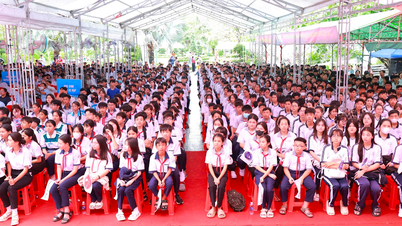





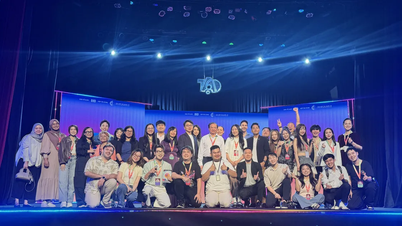

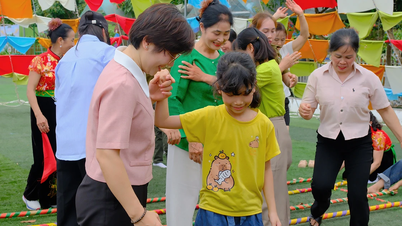






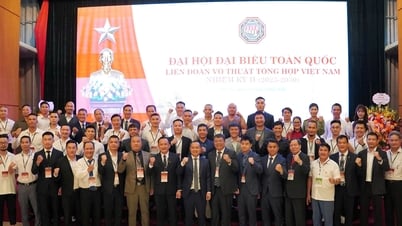












































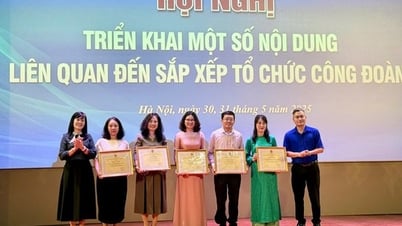

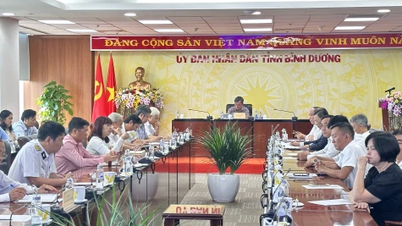



















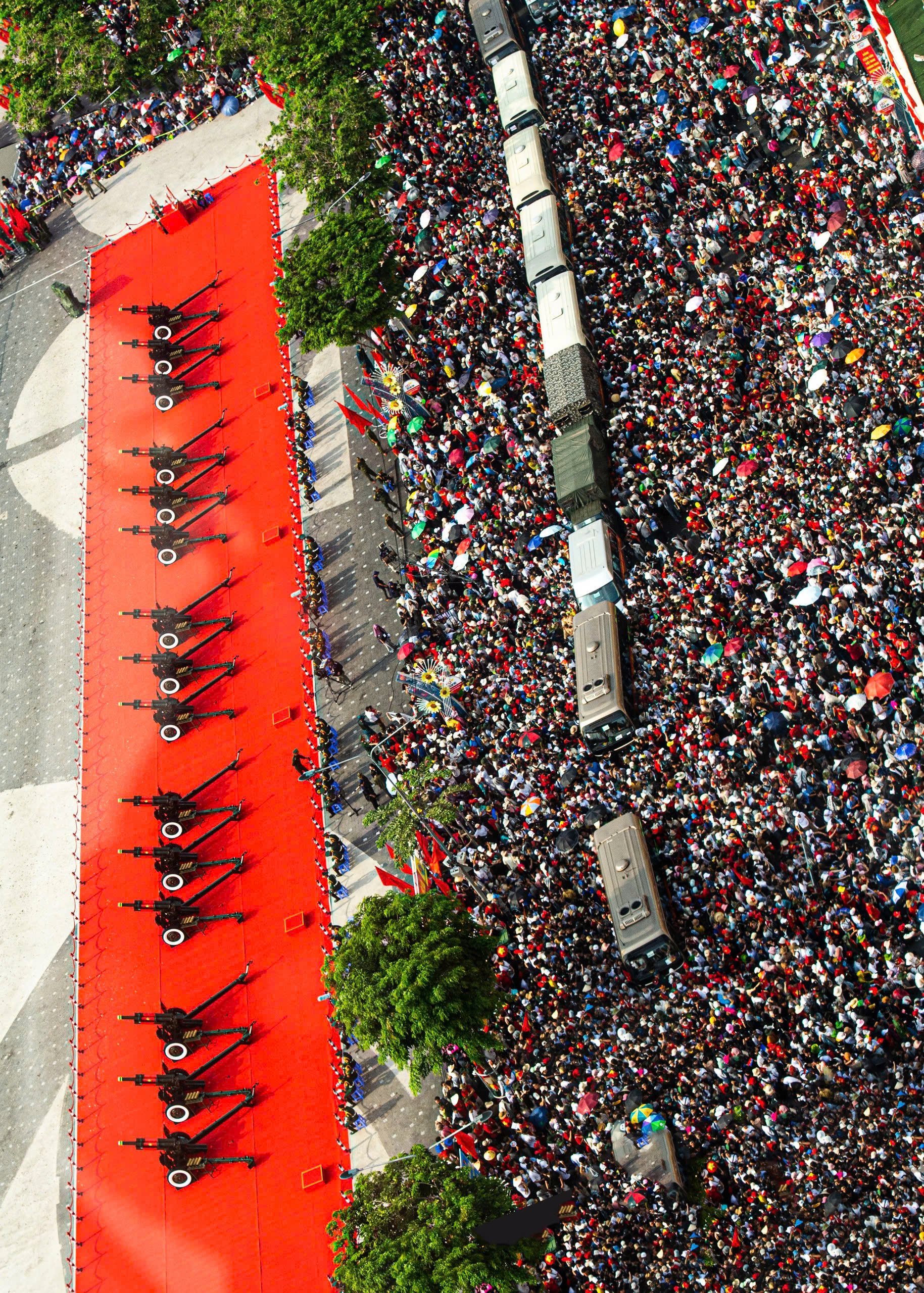



Comment (0)